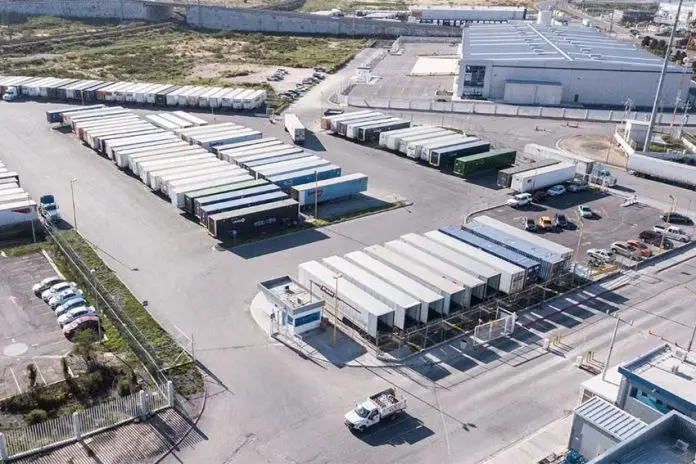The Mexican real estate investment and development firm Thor Urbana announced the acquisition of nine industrial park properties in Saltillo and Ramos Arizpe, Coahuila, which is said is part of its strategic growth plan to invest in the industrial real estate sector.
The purchases — which add more than 1.6 million square feet (148,644 square meters) to Thor Urbana’s real estate portfolio — come at a time when the Mexican industrial sector is recording historic growth thanks to nearshoring.

The vast majority of Thor Urbana’s properties to date are hotels and residential properties and large shopping destinations, including Mexico City’s Ritz-Carlton Hotel, the Landmark residential/commercial property complex in Guadalajara, and The Harbor mall in Mérida and the Puerto Marina Cancún mall.
However, with the nearshoring trend, more than 60 million square feet of land in Mexico became industrial property in 2023, demonstrating an increasing demand for industrial and logistics spaces in the country that Thor Urbana seeks to take advantage of.
“The future is industrial!” Thor Urbana said in a statement about its Coahuila purchases on their social networks last week.
In December, Thor Equities founder and Chairman Joseph Sitt told Bloomberg that Mexico has become the alternative to China and currently represents a “golden” opportunity for investment.
Mexico’s proximity to the United States and its competitive workforce has turned Mexico into an attractive place for companies seeking to optimize their operations and reduce supply-chain risks.
In that same Bloomberg interview, Sitt also highlighted Mexico’s “sophisticated” advanced manufacturing capacity — a sector that Thor Urbana said last week in a statement that it is looking to strengthen.
“Offering flexibility, proximity, key locations and an institutional-quality operation will allow Thor Urbana to enhance business networks for the manufacturing and logistics sectors,” the company said in a statement.
According to Mexico’s Economy Ministry (SE), Mexico saw 20.3 billion of FDI in 2024’s first quarter, which was a 9% increase over the first quarter of 2023. It was also the highest first-quarter FDI amount for Mexico since it began keeping records in 2006, according to the SE.
Thor Urbana has a portfolio of more than 2.7 million square meters across the country, in cities such as Saltillo, Querétaro, Guanajuato, Mexico City, Guadalajara, Playa del Carmen, Cancún, Mérida, Metepec, Los Cabos, Tulum, San Luis Potosí, Tijuana, and Riviera Nayarit, among others.
The firm was born in 2012, the result of a joint venture between real estate development firm Thor Equities and GFA, one of Mexico’s leading firms in the real estate and development industry. Today, the company has over 20 projects in Mexico and Latin America.
With reports from El Economista and Expansión.
